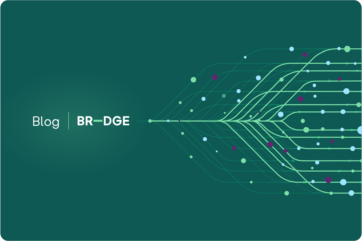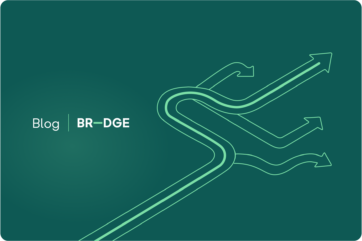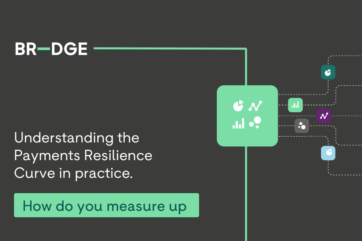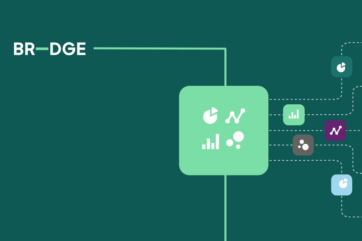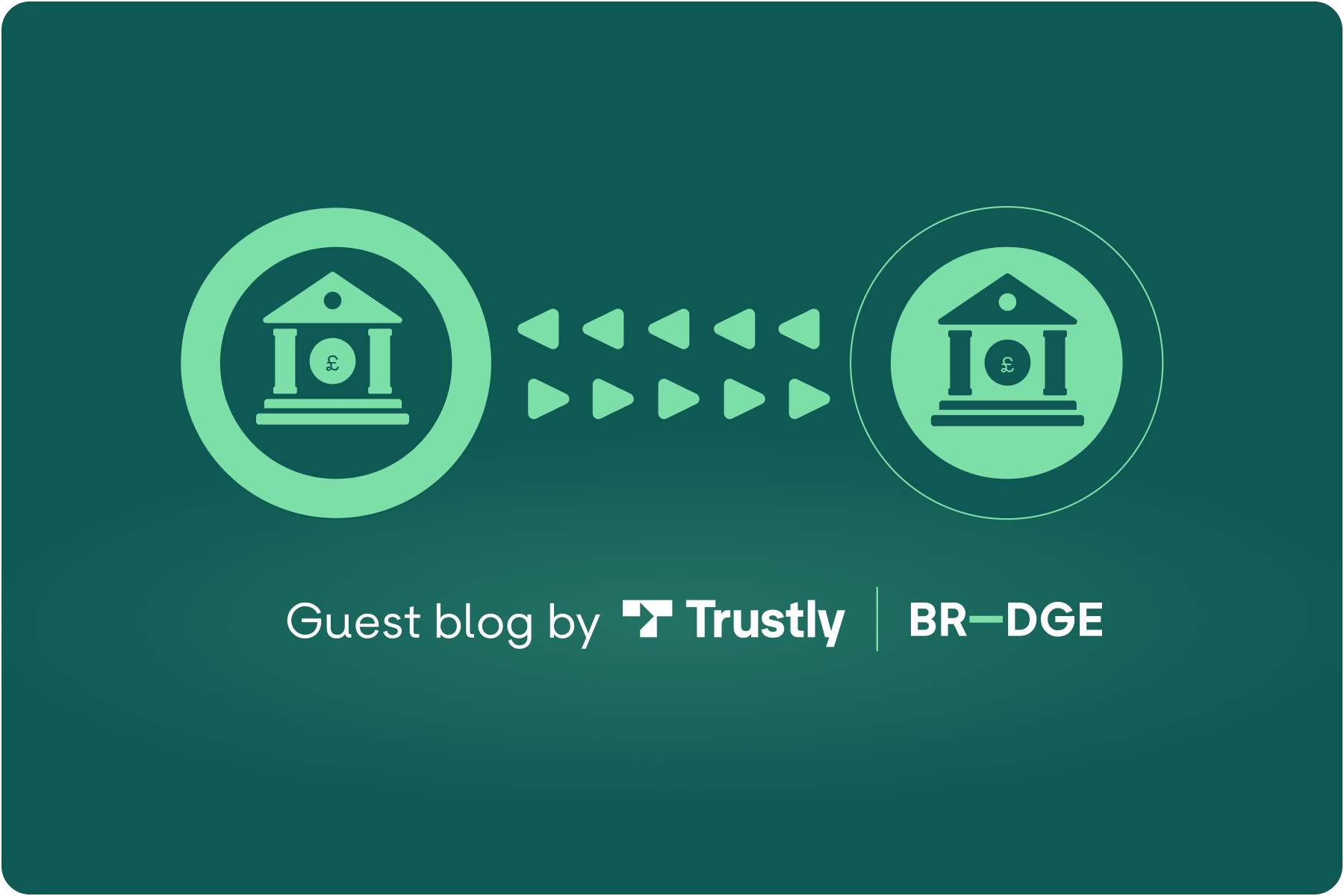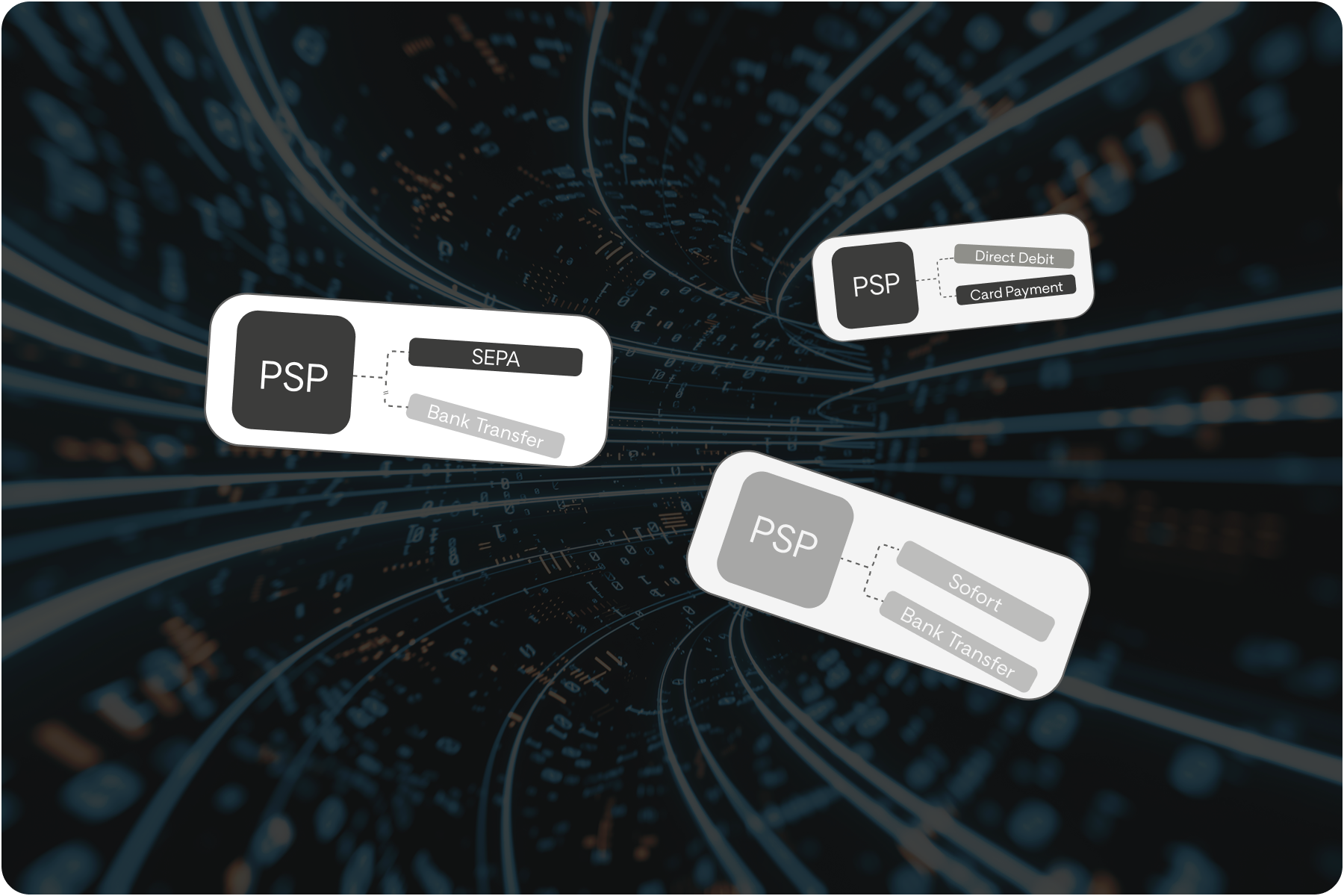
Payment Gateway versus Orchestration: The distinctions, and the clear water in-between

Both payment gateways and orchestrators have a strong presence in the ecommerce market and an important role in offering connectivity to merchants, so it’s understandable that, superficially, the distinction between the two might be unclear.
However, the fundamental mission and core strengths of each are very different, once you scratch the surface.
The background to payment gateways
Payment gateways came into being in the early 2000s, just as ecommerce really started to take off. They quickly became the go-to way for merchants to accept online payments and, as the landscape evolved, gateways became the simplest way to connect merchants with acquirers. Later still, the shift towards fully bundled PSPs drove acquirers and processors to buy up gateways to offer as an integral part of their core services.
Enter orchestration
During our recent webinar with The Paypers, Charlotte Al Usta from Flagship Advisory Partners shared that, according to their research, roughly half of merchants prefer to use multiple gateways in order to meet the varying needs of their customer base and the different markets they serve. The problem is that the management of this in terms of relationships, integrations, siloed stacks, fragmented data etc is a huge task.
This is where orchestrators have come into play over the last 5-10 years, essentially reinventing the ‘one stop shop’ approach by using more agile, cloud-based technology that allows merchants to unbundle and rebundle services easily, in a way that works for their individual business needs.
Charlotte added; “Although the mission of gateways and orchestrators is similar at a very basic level – it’s to capture and route transactions into a set of acquirers/PSPs - one big difference is in the breadth of connectivity that orchestrators can provide and their hyper-focus on APIs and flexibility. Orchestration is like an advanced super gateway that operates on a cloud-based stack. It solves for technical resilience, simplicity, cost optimisation, acceptance uplift and much more.”
BR-DGE’s VP Commercial, Tom Voaden, explained that “Orchestration should be a pure-play tech infrastructure that allows merchants to pull in the best of breed solutions from the ecosystem via a single unified API layer. Orchestration platforms are generally more global in nature than gateways and as a technology layer, they are typically multi-cloud, multi-region and vendor agnostic, with the ability to support huge transaction volumes.”
The bottom line – where orchestration stands out
Orchestration offers benefits to merchants on both the revenue and cost sides of payments. Not only can it help optimise the checkout process in terms of unifying the experience across channels, (i.e. in-app vs website) but it can also power a better overall experience through improved connectivity and the ability to configure easily for different customer groups. Merchants using orchestration can benefit from improved conversion rates, reduced declines, and enhanced uptime, whilst benefitting on the cost side from lower processing costs via smart routing, reduced resources for manual reconciliation, better fraud controls, lower compliance burdens and no downstream vendor lock-ins.
While payment gateways require individual coding and API integration for each provider, payment orchestration platforms streamline the process by connecting multiple gateways and processors through a single API, reducing the complexity and cost of integrations.
Agility is a powerful enabler
The demand for flexible payment strategies is now very evident in the market and orchestrators have the ability to offer interoperable elements like tokenisation that empower merchants to configure their payments strategies to optimise their payments performance and customer experience.
Being solution-agnostic is an important advantage for an orchestrator, because it’s what powers flexibility. Most gateways will have set integrations or a set roadmap and limitations on who they can connect with in terms of broader services. They may also not be able to surface the flow of data into a front-end dashboard or control centre in the same way as an orchestrator.
For data-driven businesses, payment orchestration platforms provide a significant advantage through advanced reporting and analytics capabilities that can help optimise payment strategies, track performance in real-time, and adapt to seasonal spikes or other fluctuations in transaction volumes.
The continued evolution of orchestration
Orchestrators started out with a handful of foundational products like routing and connectivity, in support of enterprise merchants. However, BR-DGE has pushed beyond those initial foundations, offering a full range of services directly to merchants and as a white-label proposition for acquirers, PSPs, gateways and platforms.
We’ve already engaged with a number of forward-thinking gateway businesses who are looking to deliver the benefits of orchestration to their own mid-market and SME merchant bases – and that’s a trend we expect to see more of in the near-term.
Watch the full webinar ‘Should acquirers become orchestrators’
Find out more about BR-DGE’s solutions for enterprise merchants
Related content
